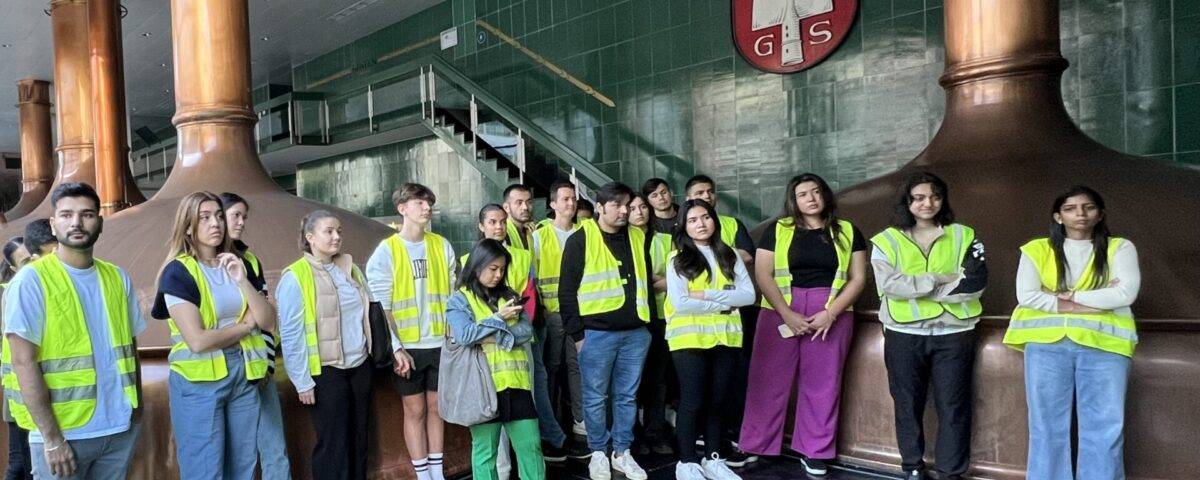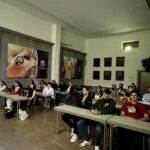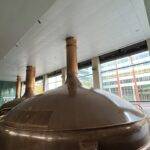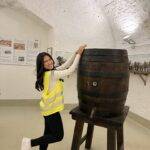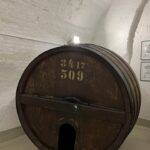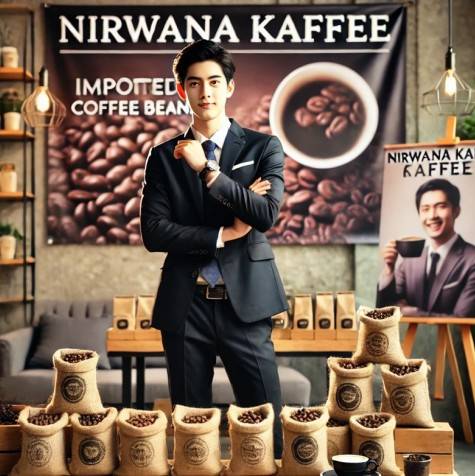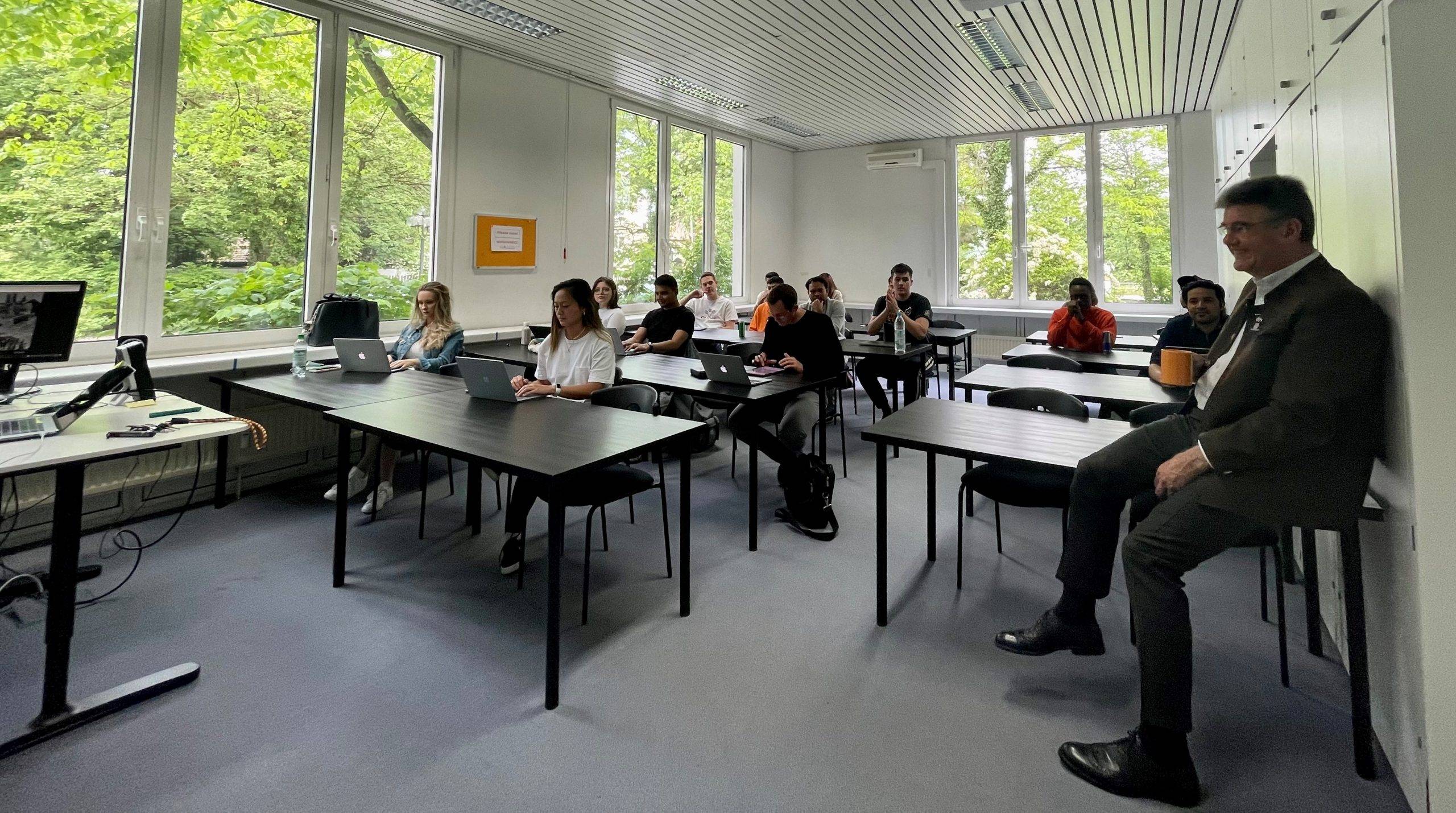
Alternatives to avoid war? Sanctions and embargos.
10. June 2022
Meet Olesya, the Newest Member of Our Admissions Team!
1. March 2023Project Week 2, Academic Year 2022 – 2023
The Global Beer Industry – Did you know that beer is considered food or “liquid bread” in Bavaria? It is legal to drink beer in Germany from 16 on. And although this is true, this project week is not about what is legal and not legal to be consumed in Germany. Rather this project week is to gain a fundamental understanding of economies of scale in the beer industry.
Students had to evaluate what a competitive advantage is and the differences between consumer (B2C) and business markets (B2B).
Conservative estimates date the history of beer back 7,000 years making it one of the oldest companions of mankind. In Europe, it was in 1478 that the Bavarian Duke introduced the Purity Law in Munich which limits German beer brewers to just four ingredients: malt, hops, yeast, and water. It was applied in 1516 to all of Bavaria and is commonly considered the oldest consumer protection law in the world that is still in place.
In 2019 Beer revenue reached a total of $650 billion and had a market share of 40% of all alcoholic beverages consumed worldwide. Alone in 2021, the global beer industry produced 186 billion liters of beer. According to Statista the global Beer industry has good growth years ahead and will reach a total revenue of approx. $ 850 billion by 2025.
Students had to analyze the competitive advantage in marketing for German breweries that follow the Bavarian Beer Purity Law. They had to evaluate the business model for a brewery and the different distribution channels. Furthermore, students had to argue about whom the responsibility of safe consumption of beer falls on.
To understand this industry, Witttenborg University of Applied Sciences students at the Munich campus had a company visit to the Spaten-Franziskaner-Bräu. You can see below pictures of the factory visit and the student presentations.

